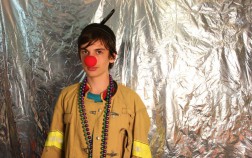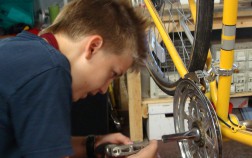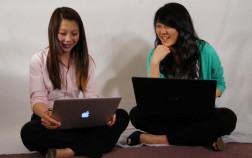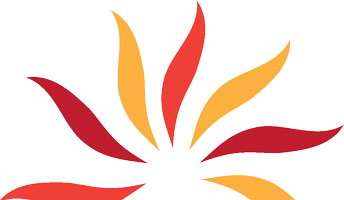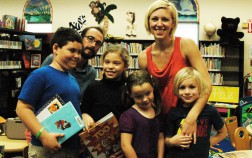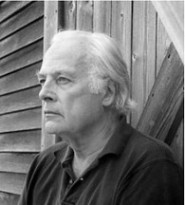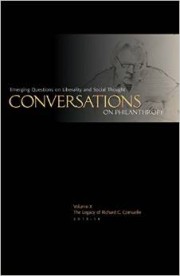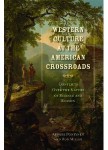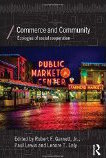Trends in Social Innovation: Education
“The pupil is thereby ‘schooled’ to confuse teaching with learning, grade advancement with education, a diploma with competence, and fluency with the ability to say something new.” - Ivan Illich, Deschooling Society
Almost three decades ago a young woman named Ariel quit school. Not to play hooky, but to educate herself. Today, she runs a cutting-edge school for people who aren’t afraid to ask a countercultural question: Why school?
These days, it seems that America as a whole has forgotten to ask the why and has instead become mired in debates about the what of school. As controversy about the Common Core State Standards rages from one end of the nation to the other, a small section of the population has realized that we might be asking the wrong questions. What if how children learn is just as important as what they learn? What if where and with whom they learn matters more than what they score on a standardized test? What if schooling is just one aspect of learning; and perhaps, in some cases, a hindrance to it?
In this series, we explore the stories of community entrepreneurs who equate education with learning, not schooling. We looked for places where we find children learning the most, whether in a school setting or outside of it. While each of the educational programs featured here addresses a different aspect of learning, we have found some common threads among them that shed light on what the future of education may hold.
Based on our observations, genuine education happens when . . .
A person has a sense of ownership of his learning
Whether it’s working hard on an assembly line or spending hours preparing to deliver a speech, a person cares more about the process when they have a vested interest in the end product. The same is true with education. A child who sees value in his education will be motivated to put in the time and hard work necessary to master a subject or become an expert in a field. A Dallas-based tutoring group has made it possible for students to take just such ownership by enabling students to “pay for” their own tutoring experience through the currency of volunteerism.
A person sees her learning as purposeful
There will always be learners who are good at following the rules, but there are also those who balk at being told to do or learn something when they don’t see how it applies to their real life. These folks either plod through the motions or refuse to do so and fail. At the Austin-based Skybridge Academy, kids can’t get off so easily. If a child doesn’t see the value in something they are learning, either their teacher will help them see the value or the student will have the opportunity to head in another direction—a direction that will have direct bearing on her future career. In the case of one young woman who is aiming to become an Olympic equestrian rider, advanced math didn’t seem to apply. Instead, she is learning business math to equip her to start her own horse breeding company.
Knowledge transfer and skill development involve reciprocity
Real learning takes place in relationships where reciprocity is possible. In one sense, a learner is a “customer” who “purchases”—whether with tuition, community service, or time and quality commitments—knowledge or skills from another. In a deeper sense, however, real learning inculcates relationships of mutual accountability, where both master and apprentice bring something of value to the enterprise. At Freewheelin’ Bikes, an Indianapolis-based earn-a-bike program, children learn bike mechanics from experts who are eager to introduce others to their passion. Students work toward learning and earning a bike of their own, which is contingent upon their mastery of basic mechanics, attention to detail, and the determination to show up for class regularly.
Learning leads to wonder and humility
As Socrates famously said, “Wonder is the beginning of wisdom.” An environment that cultivates true learning acquaints students with truths of nature and history and with the disciplines of art and science. As Michael Polanyi observed in Science, Faith and Society, genuine learning requires the student to recognize “the authority of that which he is going to learn and of those from whom he is going to learn it,” and the creative life of a community “rests on a belief in the ever continuing possibility of revealing still hidden truths.” True learning moves beyond teaching facts to foster delight, and it depends less on testing knowledge accumulation than on igniting curiosity and a life-long quest to engage with and understand both our natural environment and our social worlds.
We hope this series on education will challenge your assumptions about learning and perhaps spur you to start something similar in your own neighborhood. What we have lost in schooling over the past decades, we may regain in the new forms of educational communities that are emerging as people come together to pursue the knowledge that leads to flourishing.
